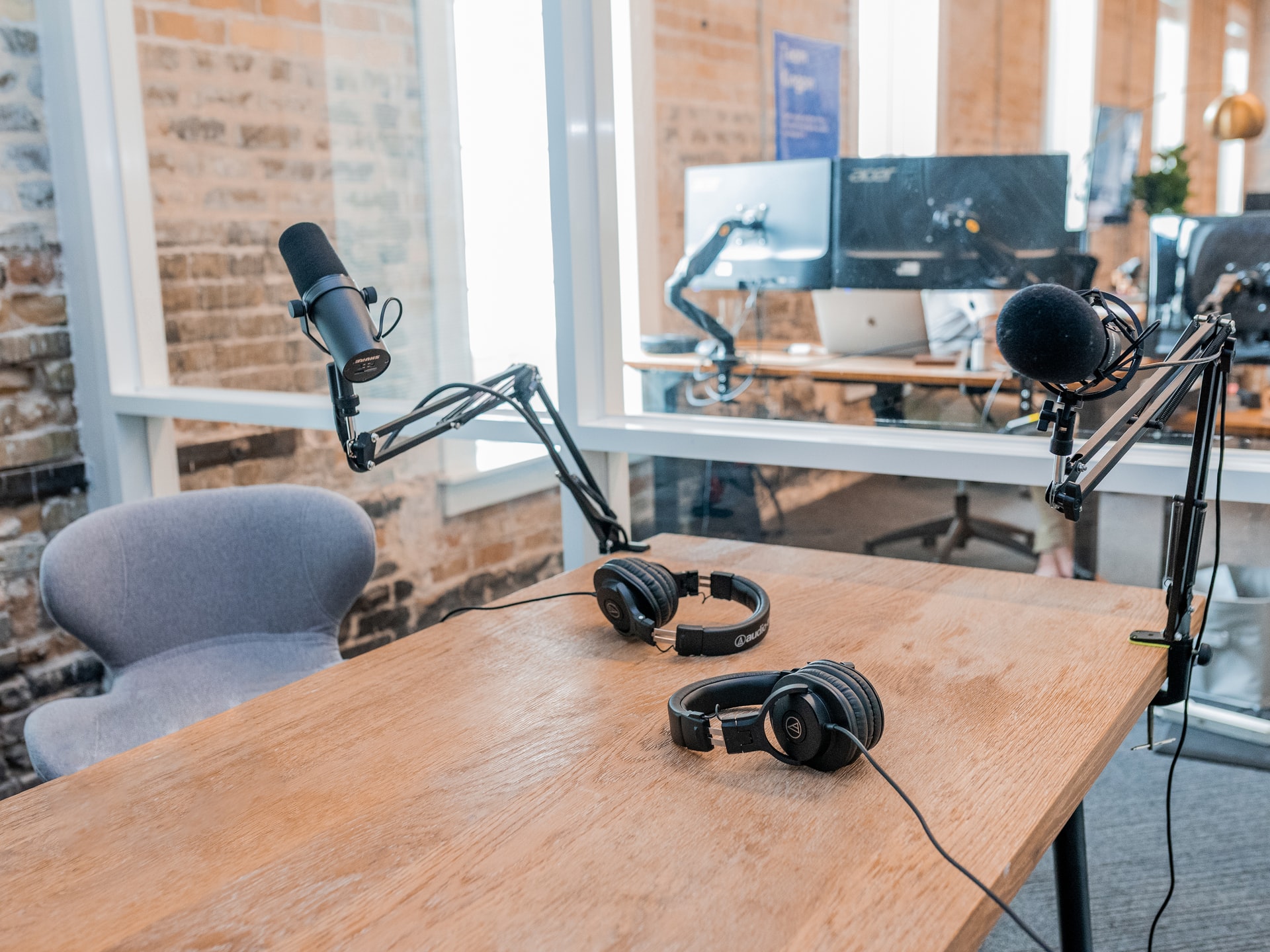About 15% of the World’s population experience some form of disability. This corresponds to about 1.3 billion people worldwide. When websites are not accessible, they are denied access to essential information, products, and services.
In the UK, people with disabilities have an estimated spending power of £16 billion. Similarly, US citizens with disabilities account for $175 billion in discretionary spending. These figures mean that businesses with inaccessible websites could lose out on a huge market opportunity.
Are you a digital agency? Want to create extra revenue?💰💰
Join our Partner Program and earn a 20% commission on every website you make accessible with the Equally AI solution.
Sign up for free now!!!
Digital agencies have extensive knowledge and experience in the field of online marketing. They help businesses build stronger brands by designing awesome websites, running campaigns, and carrying out market research.
Nevertheless, digital agencies that do not make web accessibility a core part of their strategy could create problems for their clients. An inaccessible website not only excludes people with disabilities but also exposes its owner to lawsuits and fines.
Plus, it reduces SEO performance and ruins the user experience for everyone who uses it. To avoid these issues, digital agencies must stay abreast of trends and regulations to optimize their clients’ websites for accessibility and compliance.
Why Is Web Accessibility Important To Digital Agencies?

Web accessibility aims to remove barriers from the web and ensure that all users, regardless of their level of ability or circumstances can access a website. It focuses on taking an active approach to creating a fully inclusive website for everyone, including people with disabilities.
Web accessibility is important and should matter to digital agencies for at least four reasons:
1. Makes your clients' websites inclusive and user-friendly.
People with disabilities use assistive technologies such as website screen readers, screen magnifiers, alternative keyboards, etc., to navigate a website and interact with its content. Accessible websites are compatible with these assistive technologies, making them usable for people with disabilities.
In addition, website accessibility enhances usability and creates a more intuitive, user-friendly experience for everyone. Accessible websites also benefit people without disabilities such as reading transcripts or captions when in a noisy place or being able to adjust text size.
2. Boosts website's SEO performance.
In most cases, web accessibility measures and SEO practices overlap. Therefore, web accessibility increases your websites’ visibility on search engines.
People experience a dramatically improved website experience when they can customize the overlay to suit their personal preferences. Also, users spend longer on a website with a cleaner, more navigable user interface.
All of these can mean lower bounce rates, better SEO rankings, and increased conversion rates for your clients and your agency as well.
3. Creates new revenue streams for you and your clients.
Accessibility opens up your client’s websites to potentially 25% of a largely unserved demographic of people with disabilities. As your clients benefit from a largely untapped market, your agency generates new revenue streams.
With the advancement of technology, adding web accessibility to your service offering is easy and affordable. You can charge for web accessibility in addition to development and design and increase your revenue each time you build a website.
4. Minimizes risks of fines and other legal penalties.
Businesses have a legal obligation to make their web content accessible to people with disabilities. In the United States, for example, federal websites must comply with Section 508, while state and local websites are often required to follow WCAG 2.1 AA guidelines.
If your website targets customers from around the world, you may need to know and comply with the accessibility laws in those countries too. Making your clients’ websites accessible helps them avoid violations which often result in heavy fines or other penalties.
How Digital Agencies Can Bring Web Accessibility To Clients

Digital agencies can integrate accessibility into their development process using two methods. The first is to build manually from scratch. The second method is to use automated accessibility solutions to remediate their clients’ sites. Here are my recommendations:
Educate your clients
It’s the primary duty of digital agencies to inform their clients of the potential risks involved in having inaccessible websites. Agencies should also educate clients on the best course of action they can take to ensure their websites are accessible.
Webinars, ebooks, case studies are all good content marketing techniques employable to raise awareness and foster participation in the web accessibility drive. Agencies that lead such drives will definitely benefit from a better brand image and increased demand generation.
Carry out Web accessibility Audits
Web accessibility audits analyze a website to detect accessibility issues. Depending on the scope of the audit and the size of the website, I recommend using tools like WAVE by WebAim and Accessi by Equally AI.
The great part about using an audit tool like Accessi is that it’s free and powered by a leading web accessibility SaaS company.
The process of auditing a website shouldn’t take more than a few minutes to hours depending on the size of the website. I’d also advise using a web accessibility consultant who is disabled. This way, you’ll get your website thoroughly checked and tested.
Use a Web Accessibility Solution
Automated solutions like Equally AI replace the manual process of making a website compliant with accessibility laws. All you need to do is add a single line of JavaScript to your website and the software will scan it, making it compliant in 24 to 48 hours.
💡Pro Tip: How to integrate Equally AI into your website.
Equally AI’s tools analyze the functionality of every element on a website and adjust the user interface components and keyboard navigation. Our technology monitors websites round-the-clock to ensure they remain accessible and compliant.
Automated web accessibility solutions are highly beneficial for digital agencies considering the expectations of your clients regarding this fairly new website risk factor.
Maintain Your Achievements
To ensure that your clients’ stay up to date with accessibility compliance modifications, encourage them to regularly review their website content as it changes. Additionally, by performing accessibility checks during the publishing process, they can reduce the risk of accessibility issues.
A good web accessibility solution will provide your clients with a template for reporting accessibility issues and a consistent method of evaluation.
Lastly, advise your clients to assess the progress made towards their accessibility objectives based on their assigned responsibilities and planned schedules. This includes progress on:
- Accessible digital products
- Standard operating procedures
- Staff training



